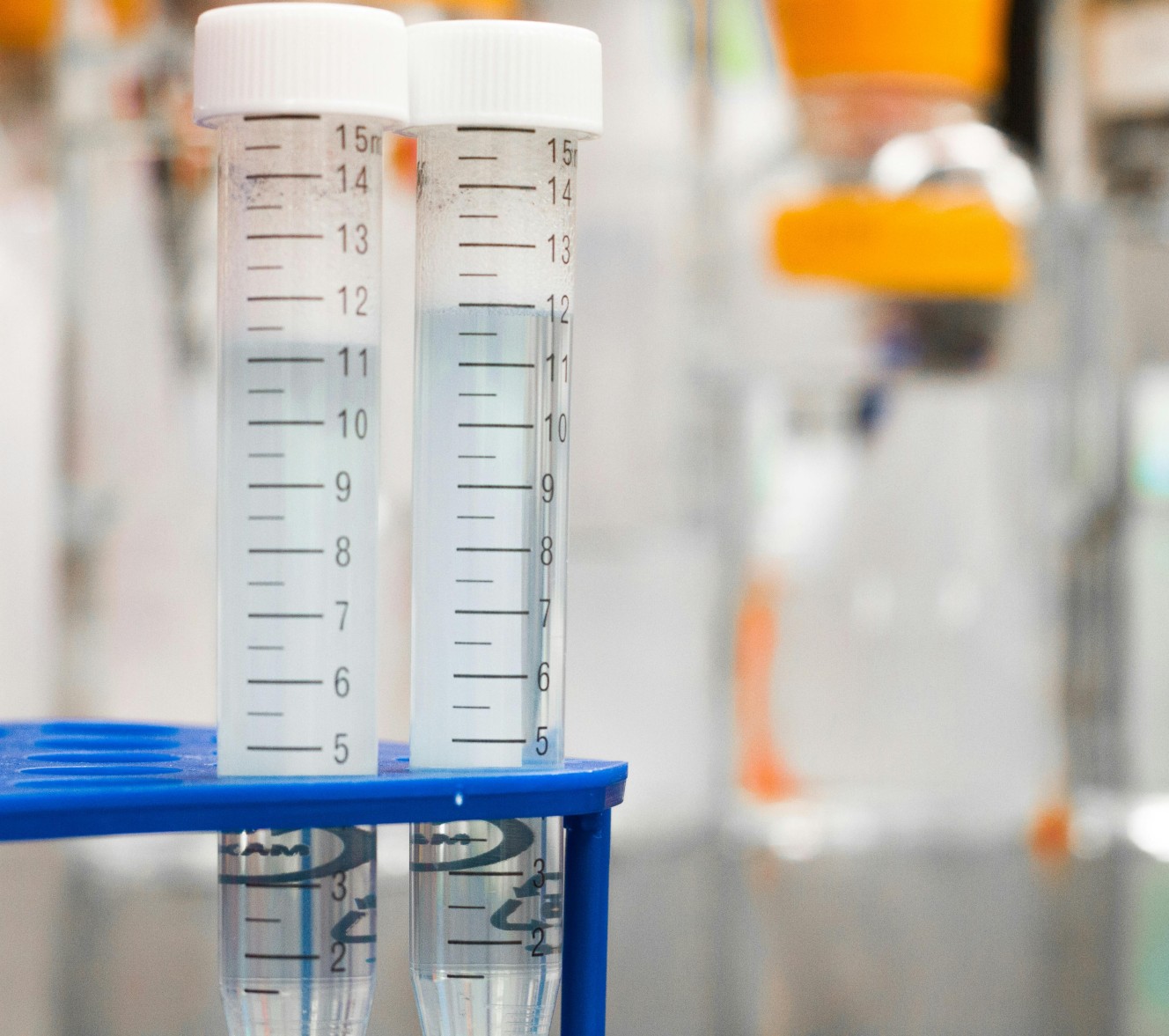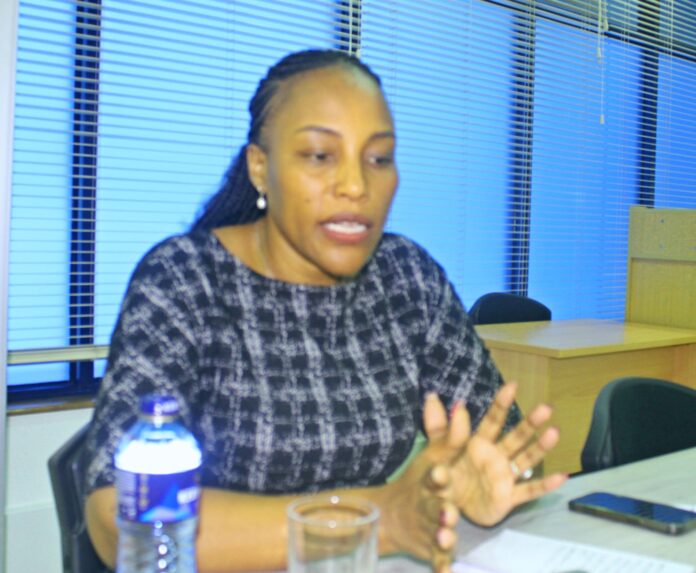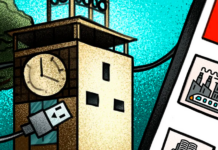By Mary Mwendwa
Nairobi, Kenya: It’s a long way, literally and figuratively, from the remote village of Rongera in Kenya’s Bomet County to the hallowed halls of England’s prestigious University of Oxford.
That’s the journey taken by Dr. Caroline Tigoi, who defied the odds, first as a PhD graduate at Oxford in clinical medicine then as a microbiologist at the Kenya Medical Research Institute (KEMRI)- Wellcome Trust. Along the way, she has supervised research projects, traveled the continents, and presented her work to people far and wide, including famed American businessman and philanthropist Bill Gates.
As a woman in science, her educational pursuits were delayed due to family commitments. However, the determined mother of three still achieved her academic and research goals.
Tigoi pursued her PhD for the past three and a half years while at the same time being part of KEMRI-Wellcome Trust, where she has been a scientist since 2006 after graduating from Kenyatta University.
Tigoi shared her story with Talkafrica. Her comments have been edited lightly for length and clarity.

Talkafrica: Tell us more about the CHAIN Project and your research work?
Dr. Tigoi: I started as a laboratory lead for the Childhood Acute Illness Nutrition Network( CHAIN- network) where I was leading all the laboratory activities within the network. It’s a network of nine sites in Africa and Asia.
My role was to harmonize procedures and develop certain operating procedures. CHAIN aims to look at the causes of mortality in children less than 23 months of age admitted to hospital.
The main outcome of interest of the project is to look at mortality, and nutritional recovery, as well as look for pathways in which we can help prevent mortality in children because we know that children under five years of age are at risk of dying.
It was a quite demanding project. It required a lot of traveling and visiting sites to ensure that they had the capacity to do the project.
Talkafrica: What was your experience with the CHAIN Project?
Dr. Tigoi: This project elevated me to the level of being a leader. Initially, as a woman, I was worried that this position was too big. How will I be able to correct a professor who knows how to do things a certain way? So, it also elevated me in terms of leadership.
Within the same project, I was given an opportunity to run a project within an area of my interest because we had several substudies that were looking into different causes of mortality in children. That’s when I developed an interest in looking at antimicrobial resistance as a possible cause of mortality in terms of infections that are difficult to treat after discharge from the hospital.
Talkafrica: Tell us about your science research journey
Dr. Tigoi: I started first by looking at the different aspects of biomedical sciences and then narrowed it down to microbiology. The lecturers kept guiding us in terms of the opportunities that were available for people who were doing the kind of training we were undergoing. They kept mentioning the different possible employers for us, so immediately after university, because I liked microbiology, I went into KEMRI, where I was given an opportunity for an internship for three months. I also had mentors whom I really liked, and they inspired me.
When I joined the Centre for Microbiology Research, I had mentors like Professor Wama, who was the Centre Director, then the first woman Centre Director who inspired me to continue with my journey in science.
Talkafrica: What did your work with the KEMRI-Wellcome Trust in Kilifi concerning child mortalities look like?
Dr. Tigoi: When I joined the KEMRI-Wellcome Trust, I was given a project that was looking at the carriage of pneumococcal streptococcus pneumonia – pneumococcal bacteria within the nasopharynx – because children, when they are born, the nasopharynx is free from bacteria. But then thereafter, they acquired it maybe from the mothers, from the siblings, and it was quite a good opportunity. I was leading a study that was in the hospital, so the moment a child was born in maternity, then discharged and went back in the community to study. Then we follow them up to study when they acquire this bacteria in their nose.
We know that streptococcus pneumonia infection was a burden in our country before we introduced the pneumococcal vaccine. At the moment, we have a vaccine that has really helped to reduce the burden of bacterial infections in our setting. So I was among the pioneers to study that bacteria, and my work led to the baseline data that we needed to inform us in terms of what was circulating in our community before we introduced a vaccine that may not work in our setup.
I was able to interact with the community, and I would see the challenges that were there in the community. Kilifi was a bit rural at that time, but still, I was able to do a lot of community engagement and training even to these mothers and explain why we were doing that kind of research.
What we’ve realized in the CHAIN project is that many children die in the community, and there are many reasons why they are dying. They could be going home because of an infection that is not fully treated and other possibilities because they don’t have money.
Sometimes, there are so many challenges. After paying for hospital admission, some mothers) don’t even have money to feed their children. So some of them are dying because of poor nutrition and other biological factors that we are trying to look at within the CHAIN network.
There are so many challenges that mothers face in the community, even being able to afford a meal to feed their children in addition to the infection they have.
Talkafrica: How has your journey as a woman in science been in terms of just navigating through space?
Dr. Tigoi: There are challenges in doing science and being a woman. I come from a community where marriage is a priority, so I got married very quickly, and I was still focused on pursuing my career.
I started my career as a mother in 2006, which was quite a big challenge, and it has actually led to a bit of delays in my career progression. I was still a young mother, and I didn’t even know how to handle my baby and to have work and family balance.
It was extremely difficult. I was just married, and the project was very demanding. The kind of training you get from KEMRI-Wellcome Trust is that you are a scientist, you run it, and it’s your project. So that’s what I was given, and yet I’ve just separated from my family. My husband was in Nairobi, I’m relocating to a new town in Kilifi with a small child.
I kind of lagged behind because I really wanted to do my Master’s immediately, and you know Kilifi was a rural town; there were no biological courses in Mombasa or Kilifi. So that sort of led to a delay in my career because I had to take care of this child, one and a half years old. I didn’t have the courage to leave them.
If I compare myself with the men or women who joined KEMRI at that time, they didn’t have families, and they were given training opportunities. They would go to London, train for one year, come back, and do their PhD, while for me, I was still torn between my child, family, and husband, and so it was very difficult. I would like to encourage a girl who would choose to prioritize marriage before science that it’s still doable, even when you have a family. There might be delays, but you can still excel in a science career.
I still managed to travel, and I still managed to present my work and lead projects even without having progressed to a PhD level. So I’ve had a very fruitful career just managing projects as they come, leading, and we have great opportunities here. When you’re given a project, you’re given the independence to run it, make decisions, and ensure that you’re collecting high-quality data that is also an informed policy.
Talkafrica: What advice would you give to a young woman who wants to join the science space?
Dr. Tigoi: For somebody who would like to pursue a science degree as a woman, there are so many areas that you can come in to support science. I would say it’s been a great journey. It’s a very interesting field, you’re able to travel, you’re able to learn new things, and so many opportunities to interact with people out there in the world.
Talkafrica: What kind of support does a woman in science need?
Dr. Tigoi: If you have a supportive husband, that would be a plus, but also having supportive mentors. If you have role models that you look up to, again, you should be on high alert to see what opportunities are available and seek support from them, seek guidance from them.
I’ve had great mentors, and I’ve had great supervisors who really supported me. So it depends on the environment you find yourself in.
Talkafrica: Your thoughts on someone who wants to pursue a science career?
Dr. Tigoi: If somebody is really interested in pursuing a scientific career, there are so many funding opportunities and scholarships that are available in institutions like KEMRI- Wellcome Trust, and the International Centre for Insect Physiology and Ecology. There are many opportunities, very limitless opportunities, both locally and internationally, so somebody just needs to know where to get this information. It’s not published in the Daily, it’s not in the local newspapers. They have to have access to the internet and keep searching online.
What I’ve realized also, from many of us who are not born and bred in cities where there’s access to the internet – many people still have that mentality that somebody has to support them to get where they are going, have to know someone to connect me to this job. But for me, I didn’t know anyone. I just volunteered at KEMRI, and I had an interview with the KEMRI-Wellcome Trust. I didn’t need to know anybody in KEMRI- Wellcome Trust. Opportunities are there, it’s just about somebody looking for them and being aggressive. It also starts with a very good CV, and that’s how you sell yourself.
So the ability to be able to sell yourself and believe in yourself.














